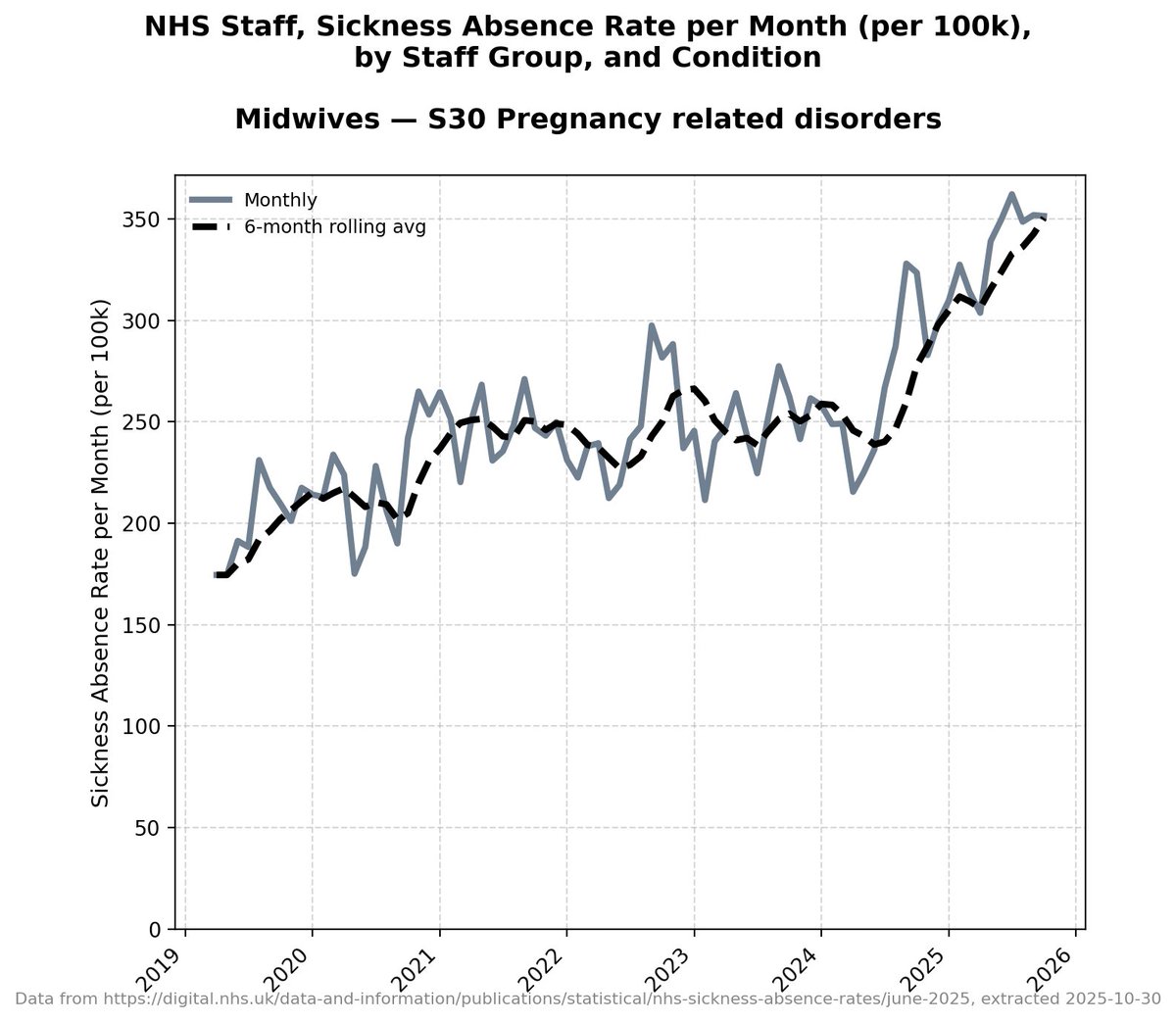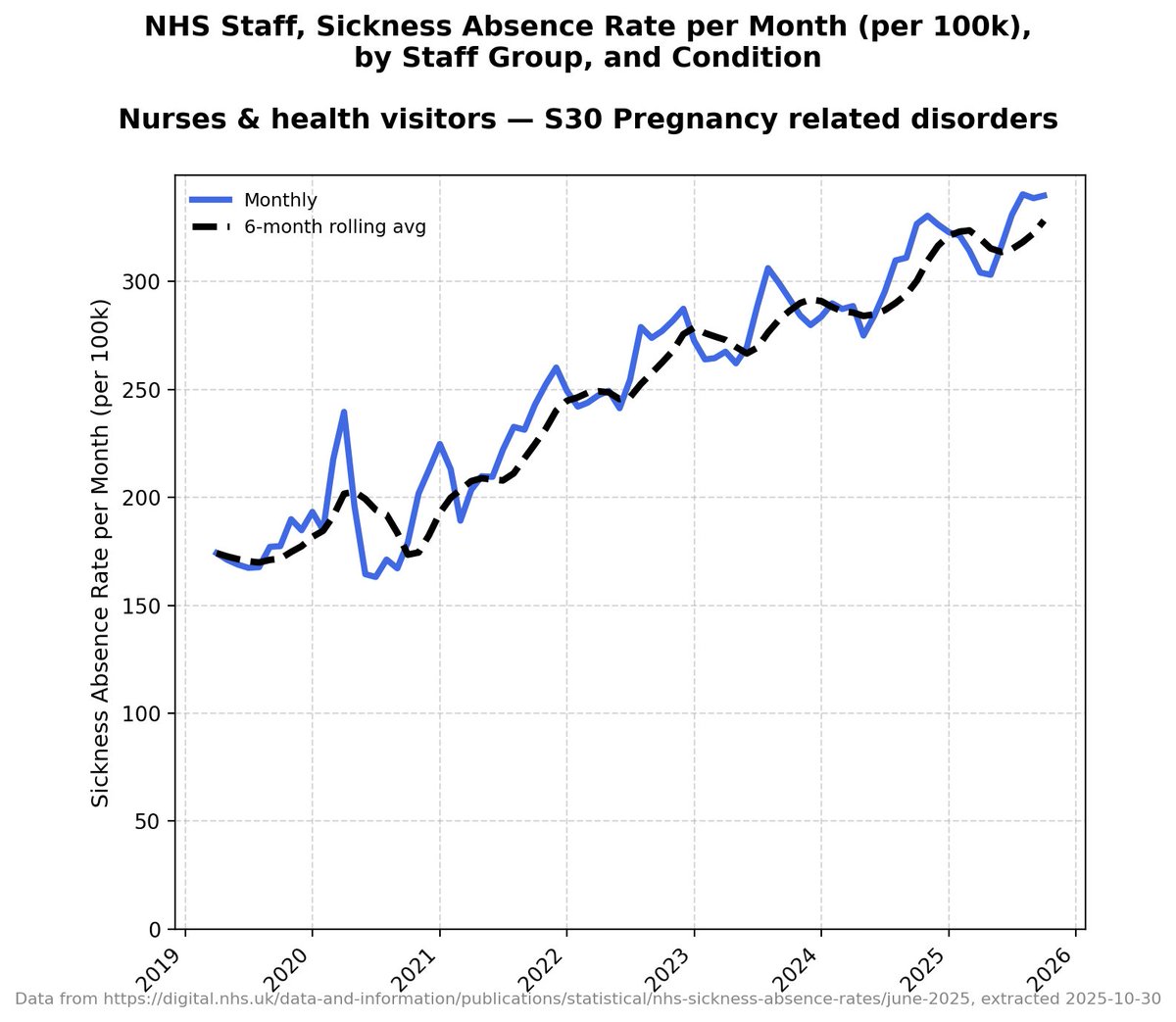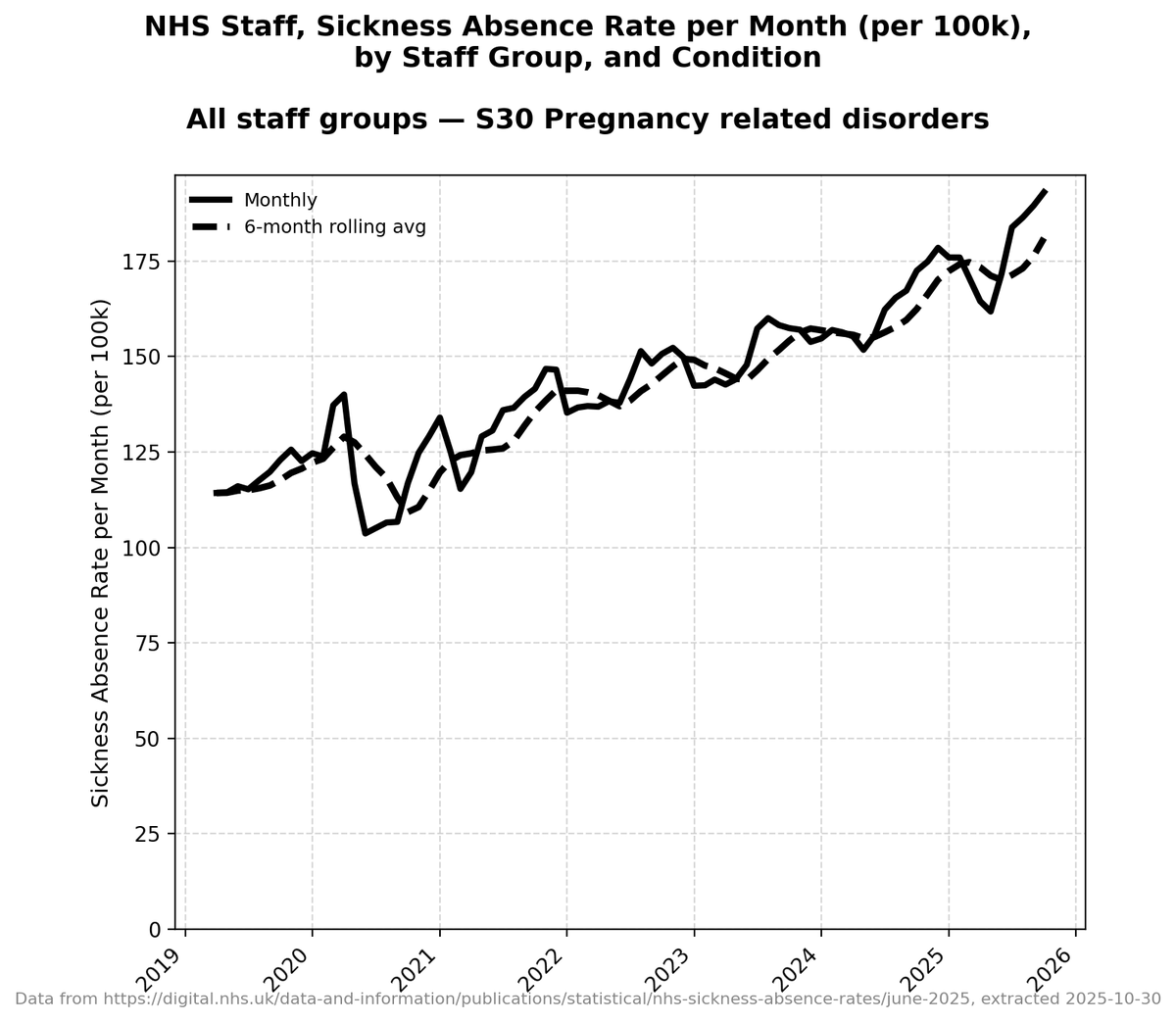I posted this this morning, then deleted it, then thought about posting it, then thought not... but here it is:
This morning I arrived at my workplace early to set up for a meeting because I had been told that the person who was going to set up was ill with Covid.
This morning I arrived at my workplace early to set up for a meeting because I had been told that the person who was going to set up was ill with Covid.
I opened the outer door, and could hear coughing from inside the building.
I opened two of the big windows, walked through, and there she was, setting up drinks and food ready for the meeting, coughing over them.
I opened two of the big windows, walked through, and there she was, setting up drinks and food ready for the meeting, coughing over them.
Me: Hello! I thought you were ill.
Her: Oh, I am. But I've just come in to set up for you.
Me: You have Covid, right?
Her: Yes, but I'm going to be gone before the meeting.
Her: Oh, I am. But I've just come in to set up for you.
Me: You have Covid, right?
Her: Yes, but I'm going to be gone before the meeting.
Me:
Me very slowly: You know that you should avoid vulnerable people for ten days after a positive test?
Her: Yes, but no one vulnerable will be coming today.
Her: Yes, but no one vulnerable will be coming today.
Me: Me. ME. I'm clinically vulnerable.
Her: Oh, I didn't know that. But you're always in a mask.
Me: Yes, that's because I'm clinically vulnerable.
Her: Oh, I didn't know that. But you're always in a mask.
Me: Yes, that's because I'm clinically vulnerable.
Me: Thank you very much for setting things up. I'll finish off.
This is why I never go into the building without a quality mask even if it looks empty.
So I opened all the windows and doors wide, flushing out every last covid particle she had been exhaling.
I put all of the cups she had set out ready into the sink, and binned all of the opened food she had coughed over.
I'm not sure how much covid gets transferred on food, but I was pissed off as much as anything else.
I'm not sure how much covid gets transferred on food, but I was pissed off as much as anything else.
And then I screamed into the empty building for a minute or so.
Just so people reading this know:
When you have covid, you exhale covid particles into the air. Even with just ordinary breathing.
Those particles can then float on the air for hours.
When you have covid, you exhale covid particles into the air. Even with just ordinary breathing.
Those particles can then float on the air for hours.
So it doesn't matter if you 'leave before the meeting'.
It doesn't matter if the room is empty.
It doesn't matter if the previous patient has left the doctor's surgery.
Unless you have flushed out the air that was in there, or filtered it through an air filter, or waited a day for all particles to settle, that air is dangerous.
Going to add something:
I think Covid infections often cause people who don't think clearly at the best of times to think even less clearly.
She wasn't well in body or mind.
I think Covid infections often cause people who don't think clearly at the best of times to think even less clearly.
She wasn't well in body or mind.
Also, for all the people who have kindly sympathised with the risk posed by this situation, here in England there is covid everywhere and that lady was, I believe, posing no more risk to me than I encounter every day in my work.
Covid is everywhere here, and there has been no period this year when cases have been few in number, so I am always masked in a ffp2 or ffp3 respirator designed to stop the inhalation of particulates.
It's sad it has to be this way, but that's the way it is.
• • •
Missing some Tweet in this thread? You can try to
force a refresh







